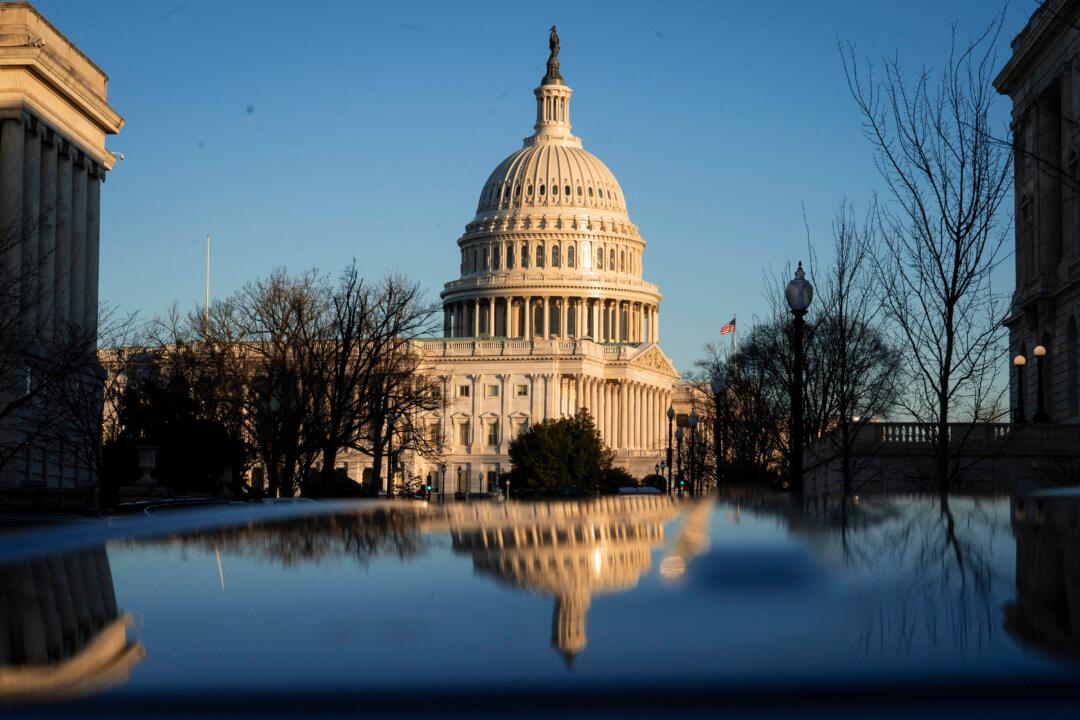The House Rules Committee on Feb. 6 advanced a bill to end the requirement that foreign travelers must be vaccinated to enter the United States.
In an Oct. 25, 2021, proclamation, President Joe Biden announced a ban on entry to the United States for foreigners not vaccinated against the COVID-19 virus, a ban which the administration said was a “science-based public health measure.”





